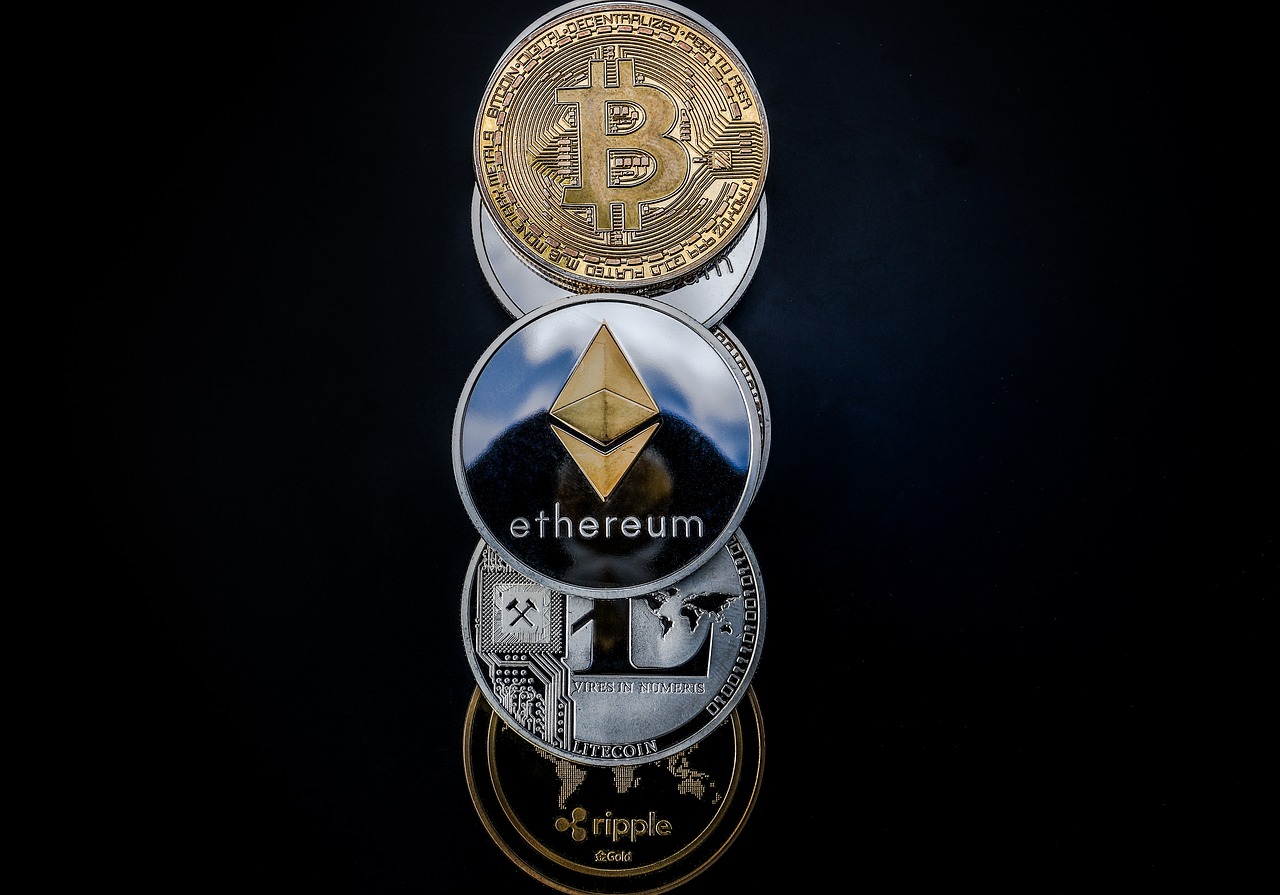India Preparing for a CBDC-Driven Economy: Central Bank Governor’s Vision
Outgoing Reserve Bank of India Governor Shaktikanta Das believes that the digital rupee has the potential to transform India's economy.

Where in the world is Bitcoin being traded?
According to Singaporean crypto aggregator Triple A, of the 300 million + users in the world, Asia makes up the most of the Bitcoin users in the world with 160 million across the continent. Europe takes the second spot with 38 million users, Africa sits in third with 32 million. North America takes fourth with 28 million, South America with 24 million and Oceana has 1 million crypto users. According to the data, 300 million users across the globe means 3.9% of the world currently owns cryptocurrency.
According to the data, the country with the most crypto holders to population size is Ukraine with 12.73% of the population owning crypto. Russian crypto adoption puts the country in second with 11.91% of the population using crypto, and Venezuela is third with 10.34% of the population using crypto.
In terms of the country with the most cryptocurrency users, India sits in first with 100,740,320 crypto users in the country (making up 7.3% of the population). The United States falls into second place with 27,491,810 in the country (making up 8.31% of the population) and Russia sits in third with 17,379,175 crypto users (11.91% of the population).
Since 2012, the price of Bitcoin has seen a massive 540,000% increase, with an annual growth of 275% in 2020. It has been predicted that the cryptocurrency market will grow with a compound annual rate of 56.4% between 2019 and 2025.
Source: The Future of Payments by Deutshe Bank Research
Interestingly, countries with crypto bans are still flourishing despite the regulation.
According to the research by Triple A, Morocco is the top country in North Africa with 0.9 million (2.4% of the population) own cryptocurrency. According to legislation from the Moroccan financial system, Bitcoin has been outlawed and is not supported by the nation. In 2017, the Morocco’s Foreign Exchange Office stated that it would not support any sort of “hidden payment system that is not backed by any financial institution.” While there has been no change in the law in the country, Morocco’s crypto use remains high.
Egypt also has also outlawed cryptocurrency, with the country’s regulation banning Bitcoin and other digital assets. Despite this, Egyptians who use crypto are continuing to do so, circumnavigating the ban. Egypt sits closely behind Morocco in terms of Bitcoin trading volume. Egypt, with a small population of only 102 million people, has 1.75% of that population using crypto. In Morocco, 878,168 people (2.38% of the population) use cryptocurrency.
Peer-to-peer transactions in both Morocco and Egypt are the highest in the region, confirmed by data compiled and tracked by Useful Tulips.
Outgoing Reserve Bank of India Governor Shaktikanta Das believes that the digital rupee has the potential to transform India's economy.
El Salvador reportedly anticipates an agreement with the IMF for a $1.3 billion loan, contingent on amendments to its Bitcoin Law.
Floki is among increasing crypto companies launching regional payment cards, enabling users to spend cryptocurrencies.
BitOasis has secured a full VASP licence, finalising its VARA licensing process and enabling it to provide crypto trading services.